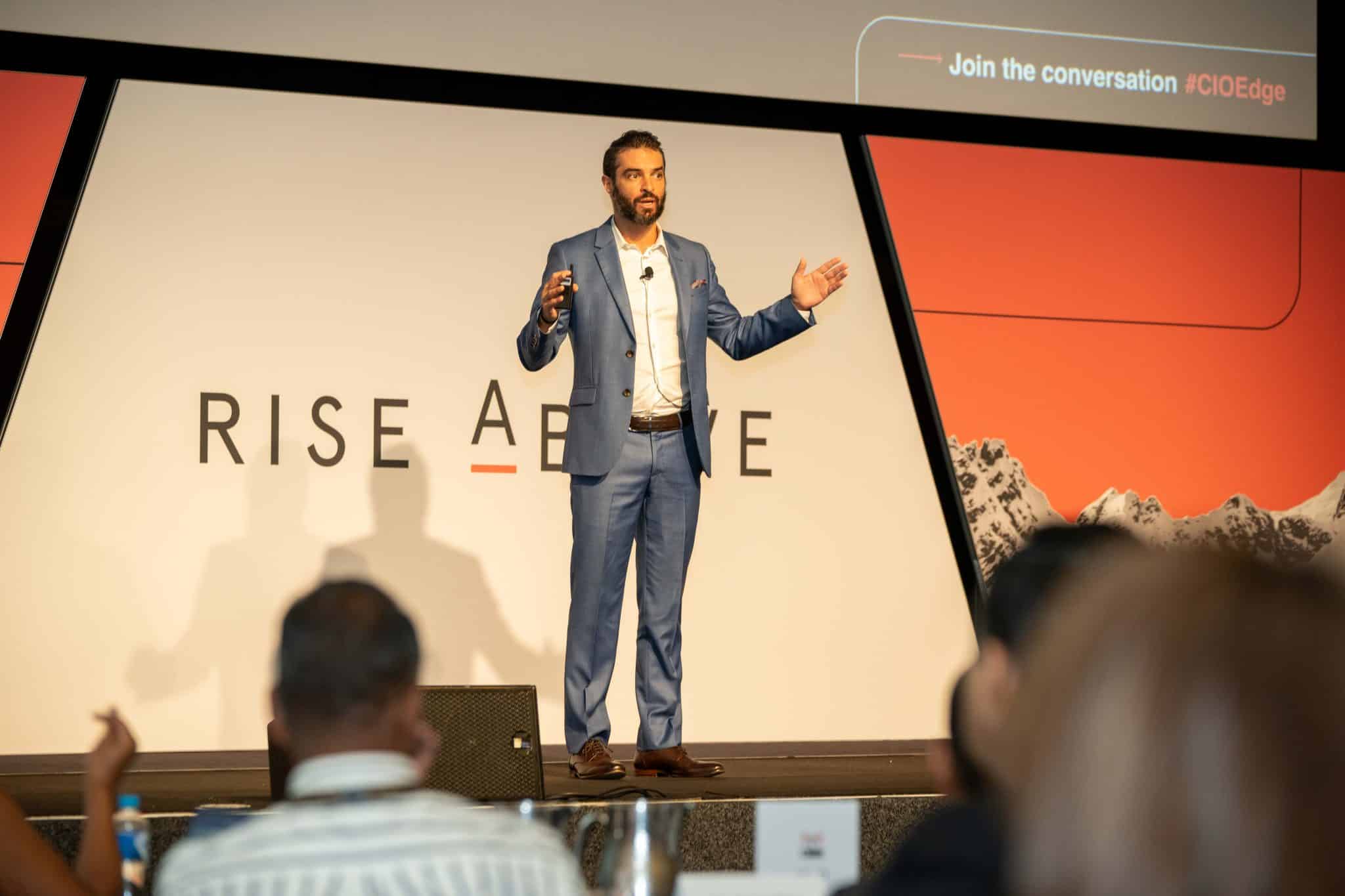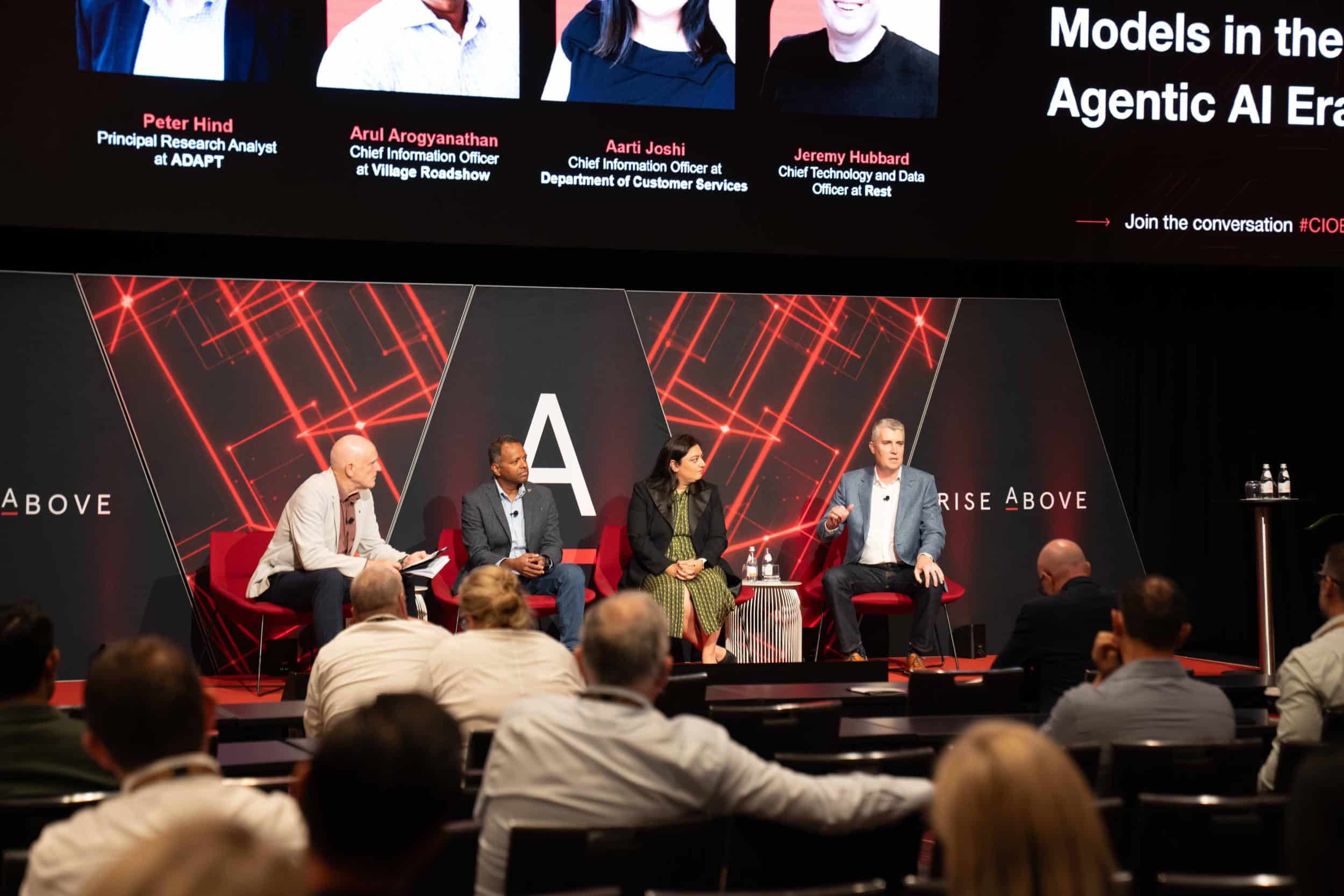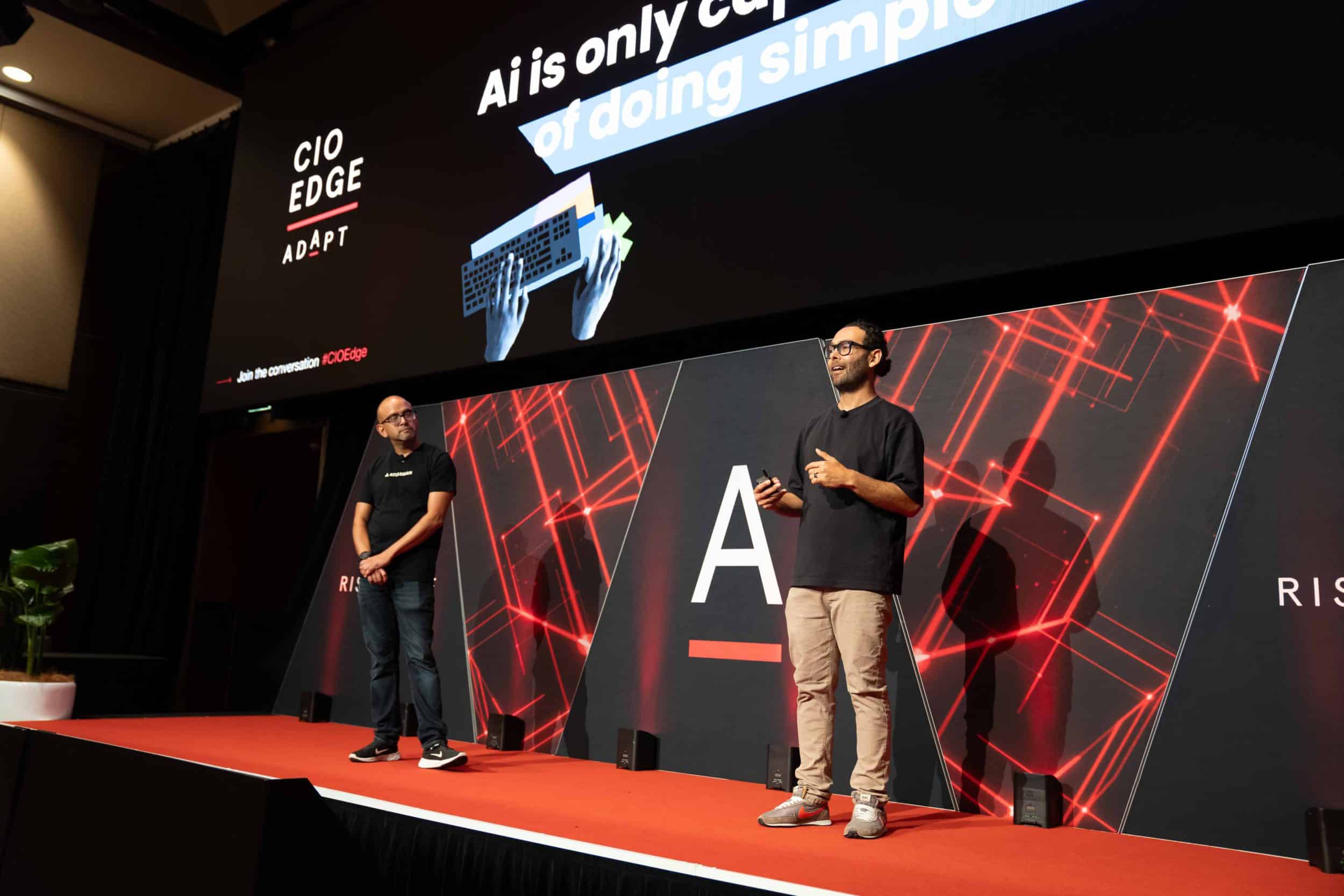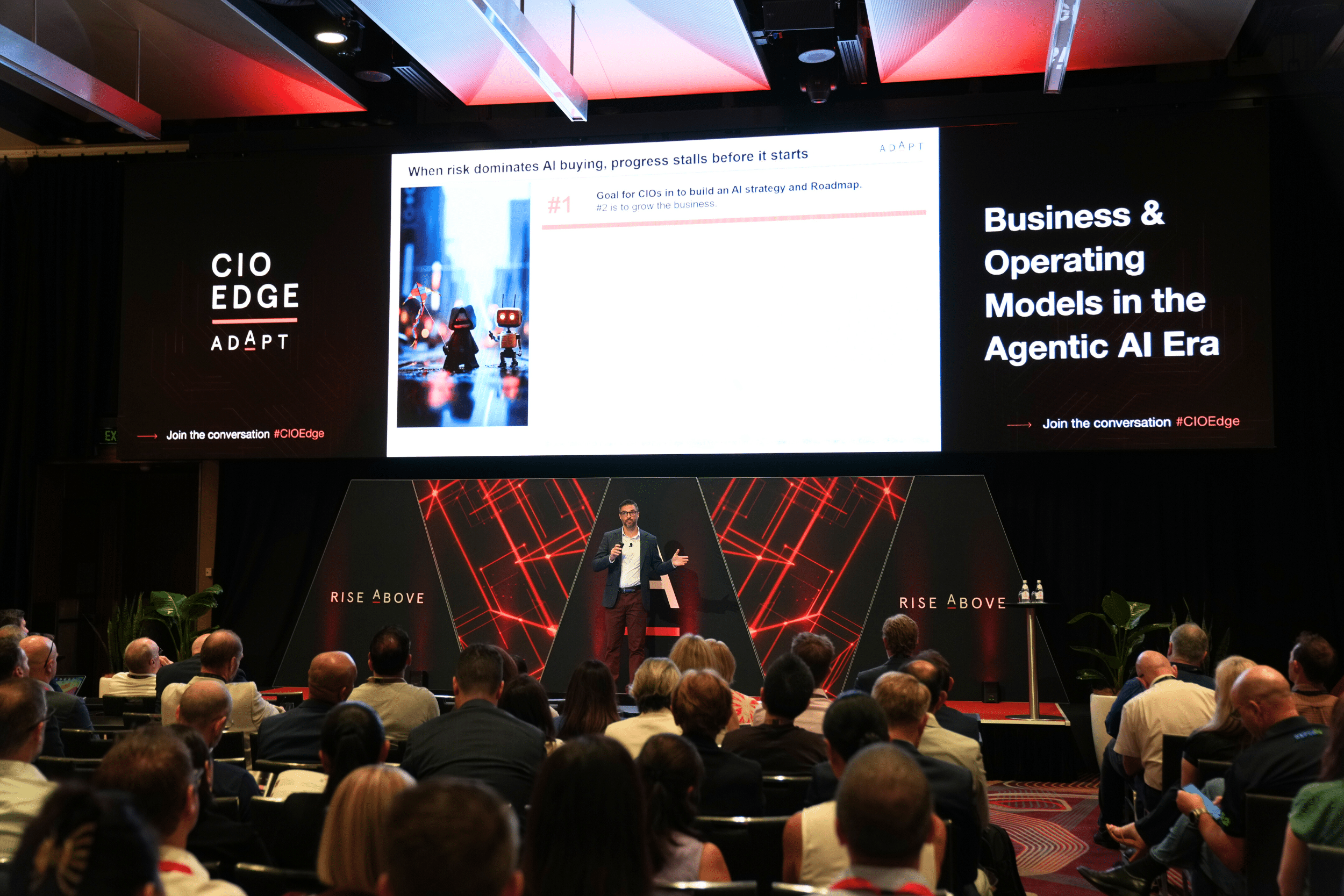The central goal of technology strategies is to modernise and simplify processes.
Security and trust are intricately linked to this modernisation effort, as highlighted by CISOs who identify legacy technology, complexity, and manual processes as significant barriers to organisational safety.
Moreover, there is a concerted effort towards optimising costs and improving operational efficiency, with the aim of achieving more with fewer resources and leveraging technology to empower the business.
However, the diminishing prioritisation of data is a cause for concern, particularly in anticipation of the forthcoming wave of artificial intelligence (AI), which presents opportunities and challenges.
As AI technologies advance, robust data management becomes increasingly evident, underscoring the need for organisations to reassess their approach to data utilisation and governance.
The influence of AI, and the rapid expansion of data, evolving models, and widespread use cases globally needs serious consideration.
This looming “tidal wave” of AI poses a threat to fundamental aspects of operations, communication, value creation, and customer, employee, and societal interactions.
Despite the widespread acknowledgment of AI’s transformative potential among the audience, there’s a sobering reality check regarding organisational readiness.
Statistics illustrate a notable disparity between positive sentiments about AI and actual readiness levels, indicating an urgent requirement for proactive measures.
Gabby highlights key factors influencing AI readiness, stressing the importance of data governance, architecture maturity, and organisational culture.
Robust data governance, advanced architecture, and a culture that values data literacy greatly enhance readiness for AI adoption.
However, challenges persist, including technical obstacles like data skills and funding limitations, as well as cultural barriers such as fear and trust issues.
Nevertheless, success stories like Car Sales demonstrate the effectiveness of starting small, prioritising customer trust, and gradually expanding impactful AI applications.
It’s time to assess your AI readiness and take proactive steps to gain a competitive advantage.
Key takeaways:
- Technology strategy prioritises modernisation, simplification, and security, addressing legacy tech, complexity, and manual processes as barriers to organisational safety.
- AI’s impending impact on operations, communication, and value creation underscores the need for enhanced organisational preparedness, despite prevalent negative sentiments towards AI readiness.
- Factors like data governance, architecture maturity, and a data-literate culture significantly influence AI readiness, though challenges persist in technical skills, funding, and cultural trust. Success stories advocate starting small, prioritising customer trust, and scaling up meaningful AI applications.





























